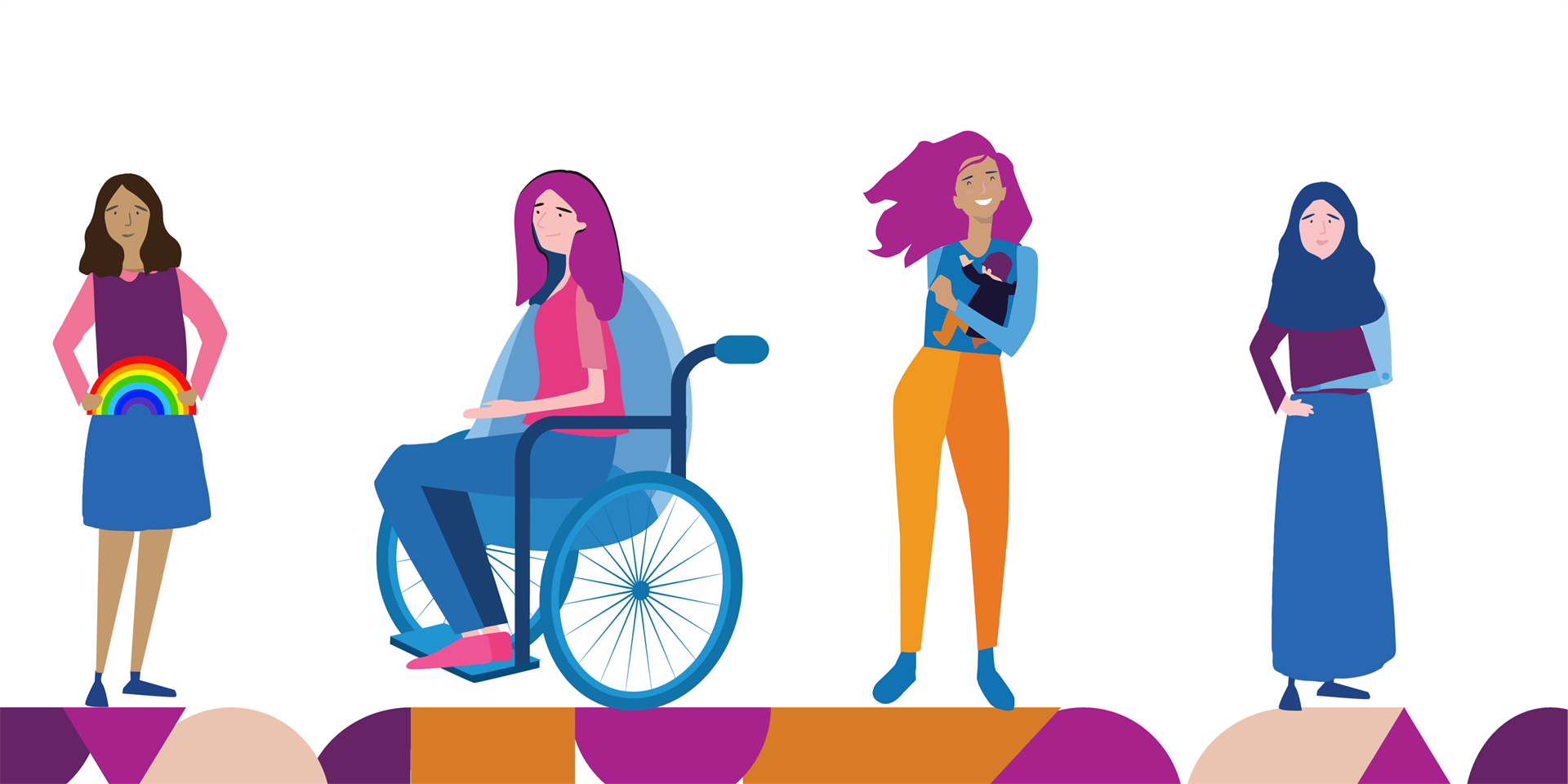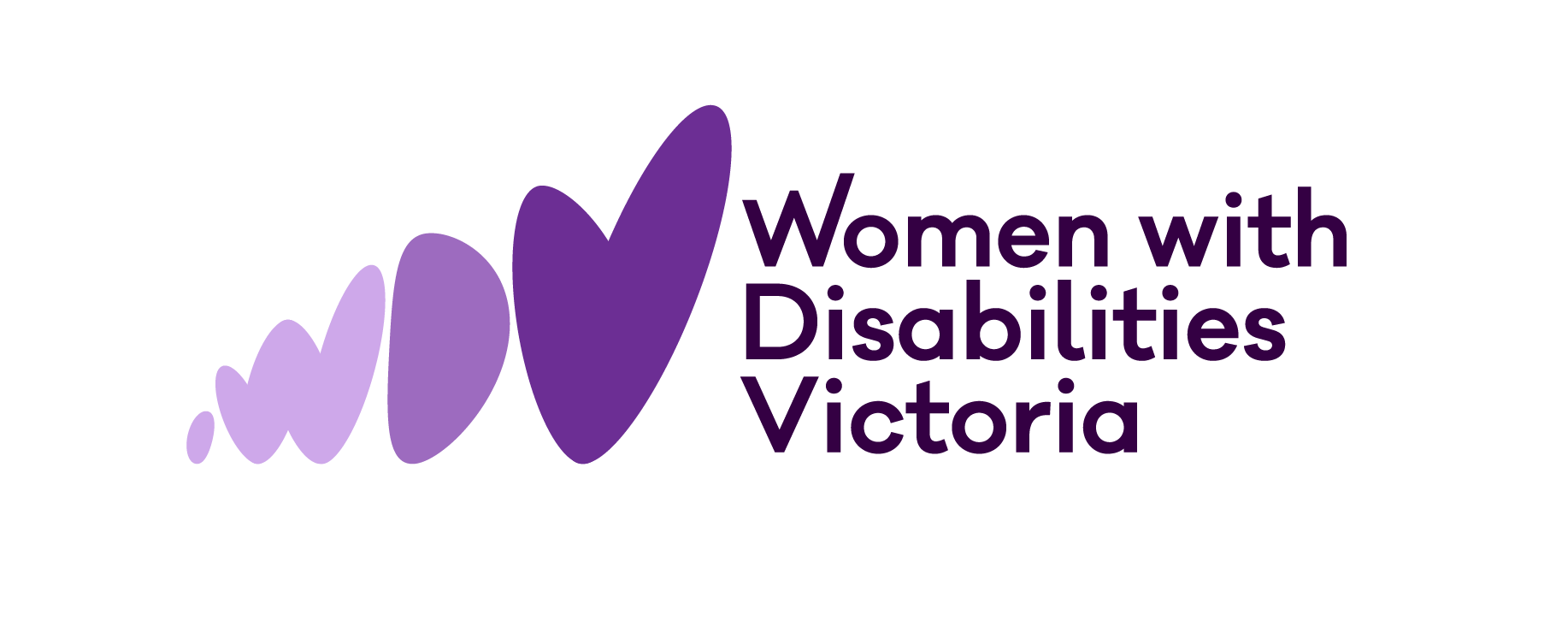A Right to Respect: Prevention of Violence Against Women with Disabilities Training

Women and girls with disabilities are twice as likely to experience violence as those without disabilities.
These online workshops, aimed towards disability and social services workforces, will show:
- How gender and disability inequality drives violence, and
- How you can prevent it.
The training will be delivered over three sessions:
- Wednesday 23 March, 10:00am- 1:00pm: Introduction to Prevention of Violence against Women with Disabilities
- Wednesday 30 March, 10:00am- 1:00pm: Drivers of Violence and Essential Actions
- Wednesday 6 April, 10:00am- 1:00pm: Prevention in Action
“Eye opening and important”
– Training participant
Location:
Online via Zoom (we will send you the details after you have registered).
How to Register:
You can register for any individual session, or for all three at once, using the links below.
Register for session 1: Introduction to Prevention of Violence against Women with Disabilities.
Register for session 2: Drivers of Violence and Essential Actions.
Register for session 3: Prevention in Action.
Pricing (per person, including GST)
- Organisation (cost per person) – $85 per session
- Individual/sole trader/student – $65 per session
What you will learn:
Session 1: Introduction to Prevention of Violence against Women with Disabilities
- How gender and disability inequality intersect to create disadvantage for women with disabilities
- Impacts of violence against women with disabilities
- Why gender inequity is a key driver of violence against women with disabilities
Session 2: Drivers of Violence and Essential Actions
- How our everyday actions and practice can contribute to violence against women with disabilities
- How gender and disability equitable practice can create change to end violence
- Strategies and tools to prevent violence against women with disabilities
Session 3: Prevention in Action
- How we can be active bystanders to prevent violence against women with disabilities
- How primary prevention can inform the safe management of disclosures of violence against women with disabilities
- Referral services which can assist in responding to women with disabilities who experience violence
The training is co-facilitated with an expert in violence prevention, and a woman with a lived experience of disabilities. It is evidence-based, aligning with the latest research on disability, Our Watch’s Change the Story, and the Preventing Family Violence & Violence against Women Capability Framework.
For more information:
Call: (03) 9286 7818
Email: [email protected]
“I feel like I can make a real difference now”
– Training participant
